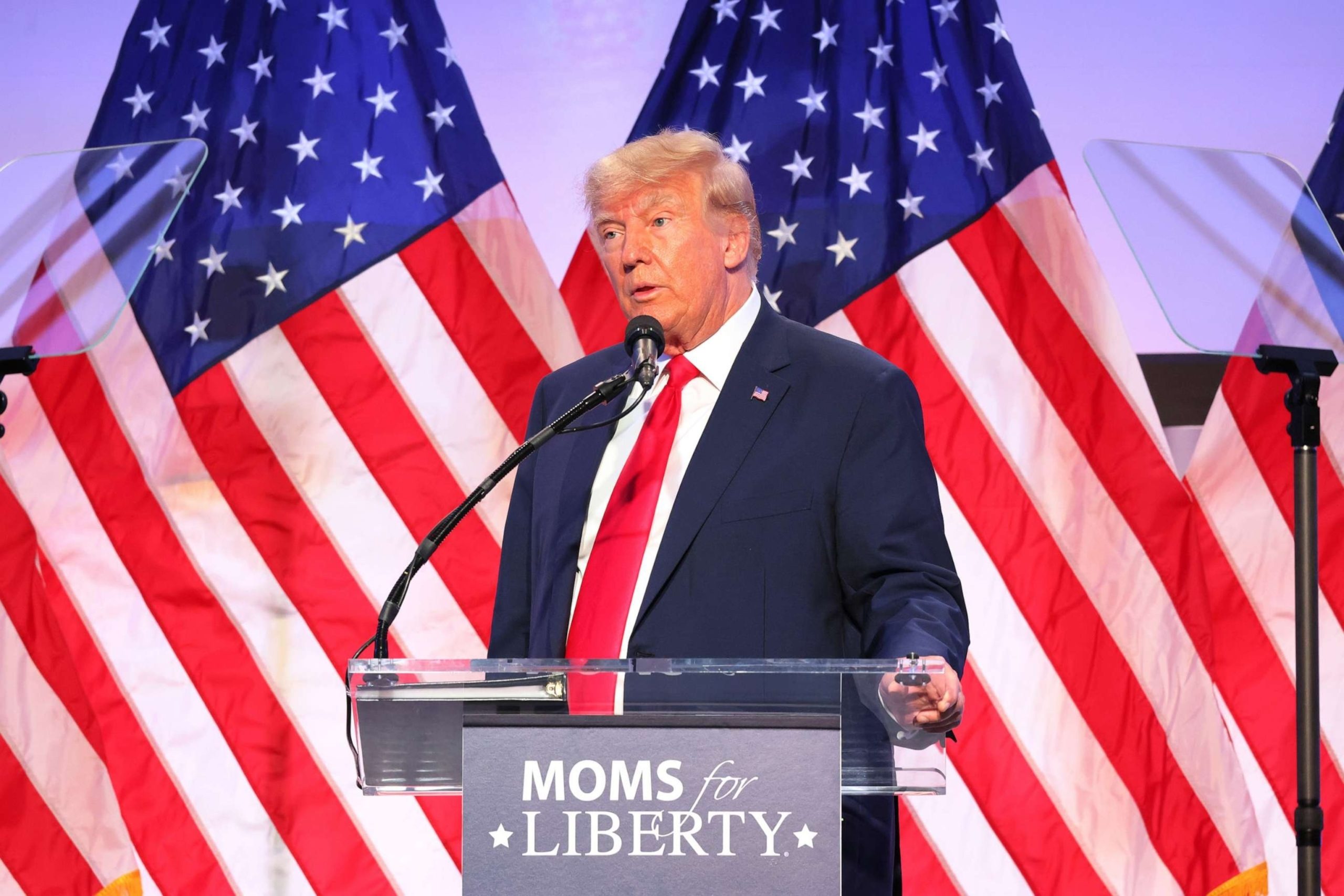Don Hankey, the billionaire businessman whose company Knight Specialty Insurance provided the $175 million bond for Donald Trump in his New York civil fraud case, revealed to news men that the fee charged to the former president was relatively low compared to industry standards.
Although Hankey declined to disclose the exact fee, Knight assessed the risk as minimal, leading to a lower-than-average charge. Typically, surety companies charge fees ranging from 1% to 2% of the bond’s face value.

Presidential Candidate Donald Trump (Credits: Colorado Springs Gazette)
However, Hankey now acknowledges that Knight may have underestimated the potential complications associated with the bond. In light of New York Attorney General Letitia James‘ scrutiny and the media attention surrounding the bond, he believes they may have charged Trump too little.
“We thought it would be an easy procedure that wouldn’t involve other legal problems, and it’s not turning out that way. We probably didn’t charge enough,” Hankey remarked in an interview.
Despite the unexpected challenges, Hankey expressed no regrets about providing the bond. Trump posted the $175 million bond on April 1 while appealing a $454 million fraud judgment against him.
On Thursday, James’ office raised concerns about the bond’s adequacy and requested proof of Knight’s financial capacity to cover the bond amount if Trump’s appeal fails. A hearing on the matter is scheduled for April 22.
Hankey, whose net worth is estimated at $7.4 billion by Forbes, was surprised by James’ scrutiny of the bond. He emphasized that Knight has sufficient collateral, with cash held at a brokerage firm and pledged by Trump.

Trump’s Campaign (Credits: ABC News)
Regarding the source of the collateral, Hankey stated that it came from Trump or possibly from Trump and his supporters. Trump’s representatives initially approached Hankey to discuss the bond, and Trump eventually managed to reduce the bond amount from $454 million to $175 million on appeal.
Hankey clarified that Trump did not have $454 million in cash, as indicated by his representatives. Trump’s recent statements about having nearly $500 million in cash have not been confirmed.























